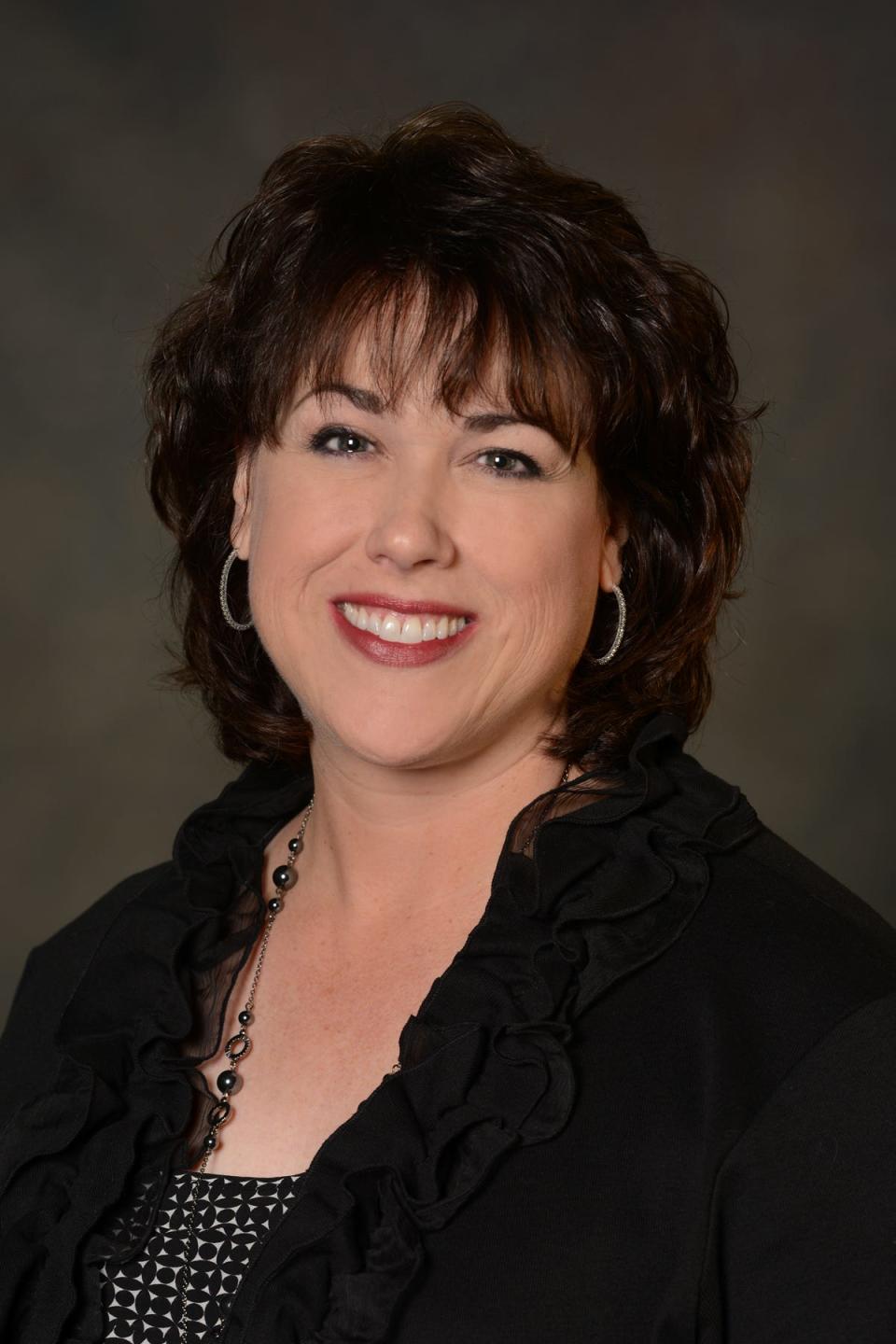Your turn: Courageous conversations lead to a better end of life
Did you know that ancient Egyptians had a hieroglyph for a “good death?”
That culture was much more comfortable with end of life than we are, some five thousand years later.
So, let’s be courageous. This November, throughout Hospice and Palliative Care Month, I encourage you to have courageous conversations and meaningful dialogue about what dying well means to you.
Advance care planning and the exceptional services provided through our nation’s hospice and palliative care providers paint the picture of how to die well in modern America. It’s our hieroglyph, if you will. A good death is indeed possible, but first, we need to do our part by holding courageous conversations.
Have a conversation with yourself
Ask yourself, what are my life goals and what does quality of life look like to me? What does death mean in my life? If I am faced with a terminal diagnosis, how would my values shape my end-of-life journey? How do I want my loved ones to engage with me toward the end of my life?
Document your end-of-life preferences
To prepare for future decisions about medical care, complete advance care planning, a process by which advance directives are put in writing. These legal documents are helpful to clinicians and family members when making critical decisions on your behalf if you become unable to do so.
Discuss your wishes with others
Provide copies of your advance directives to your physicians, advisors, and loved ones now, in advance of a health crisis. Your loved ones will be grateful to avoid the “where is it?” scramble to find key documents.
Speak with your loved ones
Help them understand your goals, wishes, and thinking - and address their questions and concerns. Talk through healthcare scenarios you’ve thought about. Also, considering having special conversations with loved ones who might struggle with your choices and directives. Imagine a healthcare proxy adhering to your wishes and a loved one not being on board. That is why it is important to choose a healthcare proxy who understands your wishes and can carry them out. Share your wishes in advance of a healthcare crisis.
It’s difficult to think about these questions but having these courageous conversations with ourselves, family, friends, advisors, and doctors can mean the difference between having the type of end-of-life experience we would want – one that matches up with our values and desires – versus one that doesn’t allow us to have a say in our own journeys.
This is your life. These are your choices. Feel empowered and be courageous!

Lisa Novak is chief executive officer of Northern Illinois Hospice and chair of the National Hospice & Palliative Care Organization (NHPCO) CEO-executive director steering committee. Northern Illinois Hospice, a resource for all communities it serves, first introduced end of life care to this region nearly 45 years ago and was one of the first fifty hospices in the U.S.
This article originally appeared on Rockford Register Star: Your turn: Courageous conversations lead to a better end of life

